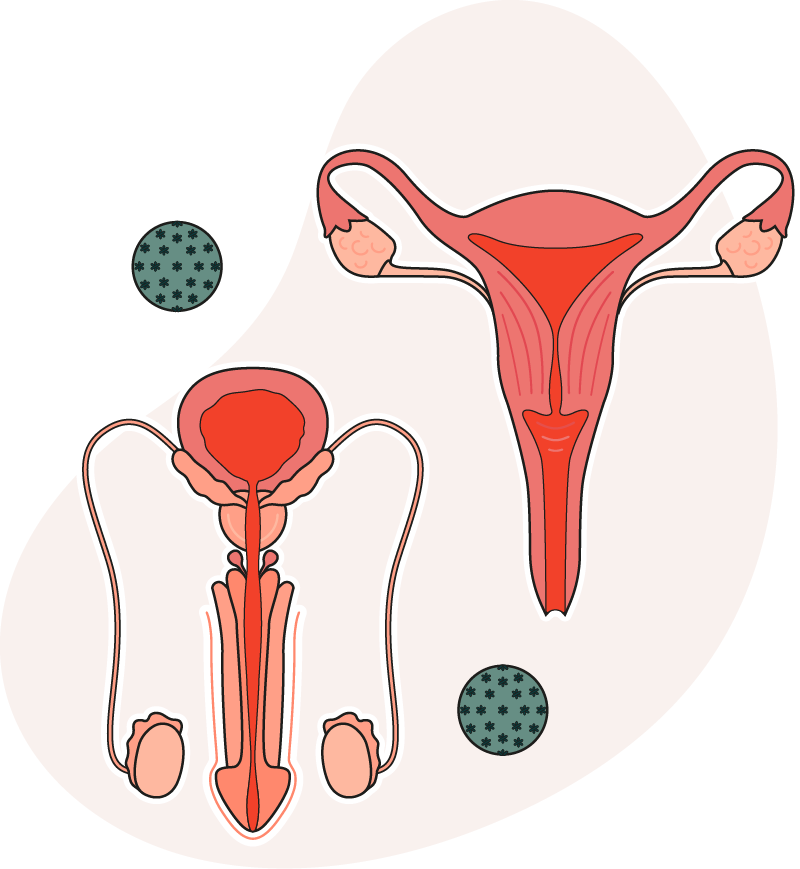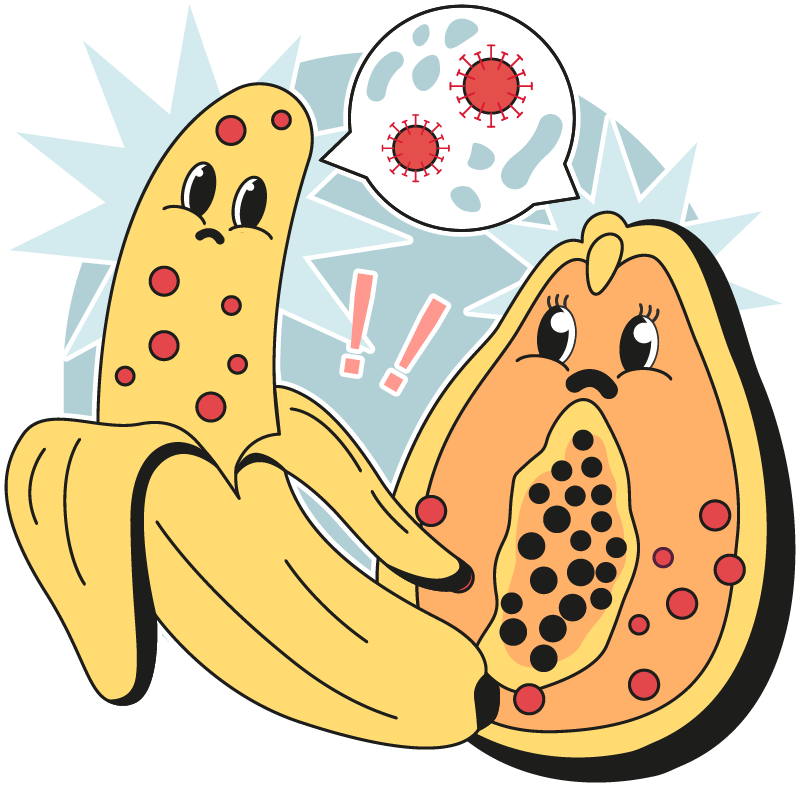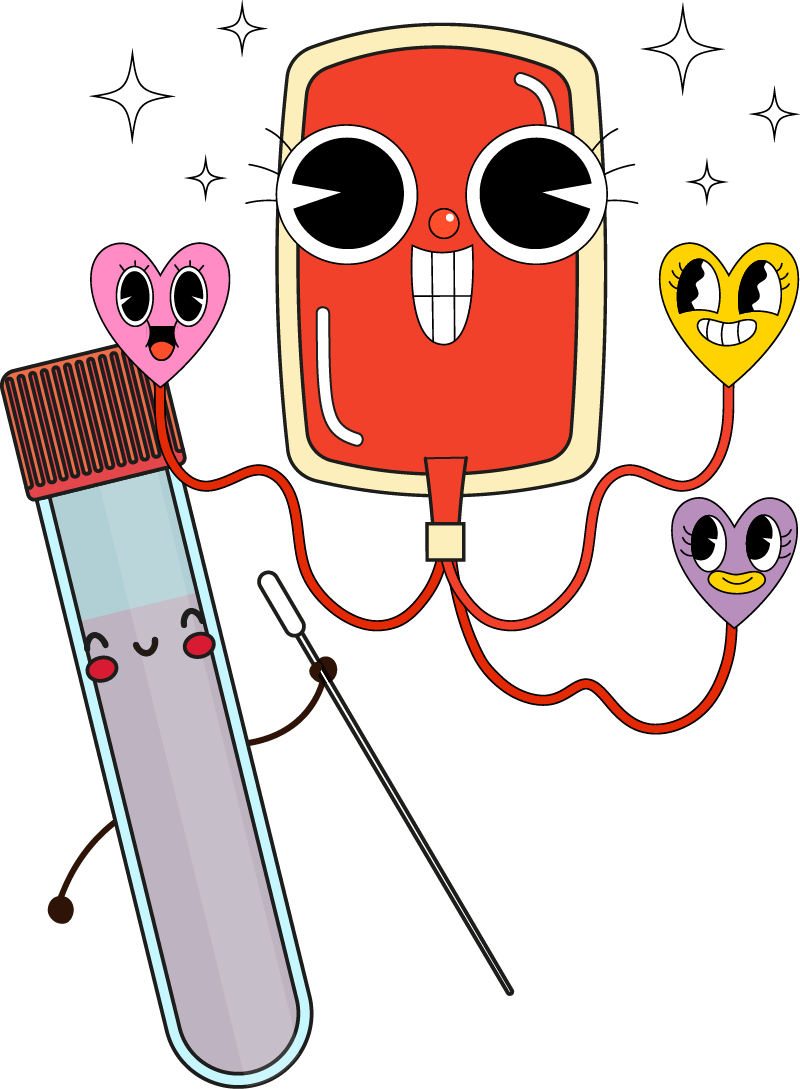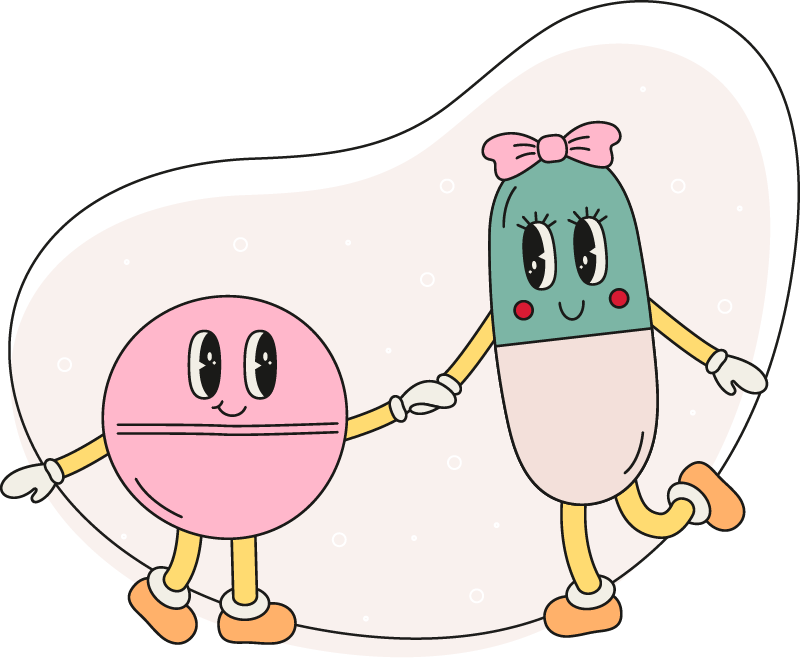Genital
Herpes

Symptoms
• Pain when weeing
• Unusual discharge from the vagina, penis or anus
• Tingling, burning or itching around your genitals
Genital herpes can be passed on through:
• A cold sore touching your genitals
• Sharing sex toys with someone who has herpes
• Transferring the infection on your fingers from someone else to your own genitals


Getting checked
for Genital herpes
If you don’t have sores, a blood test can be used to check if you have the virus.
You can to talk to your GP, school nurse or pastoral officer if you cannot access the sexual health service or go into a pharmacy for advice.
Treatment
There is no cure for genital herpes, however symptoms can be controlled using antiviral medicines.
• Antiviral medicine to stop the symptoms getting worse.
• Cream for the pain
Symptoms of genital herpes can clear up on their own, though the blisters can come back in what’s called an outbreak or recurrence. Your healthcare provider can suggest ways in which you can manage outbreaks yourself, or offer medications to help with future outbreaks.

